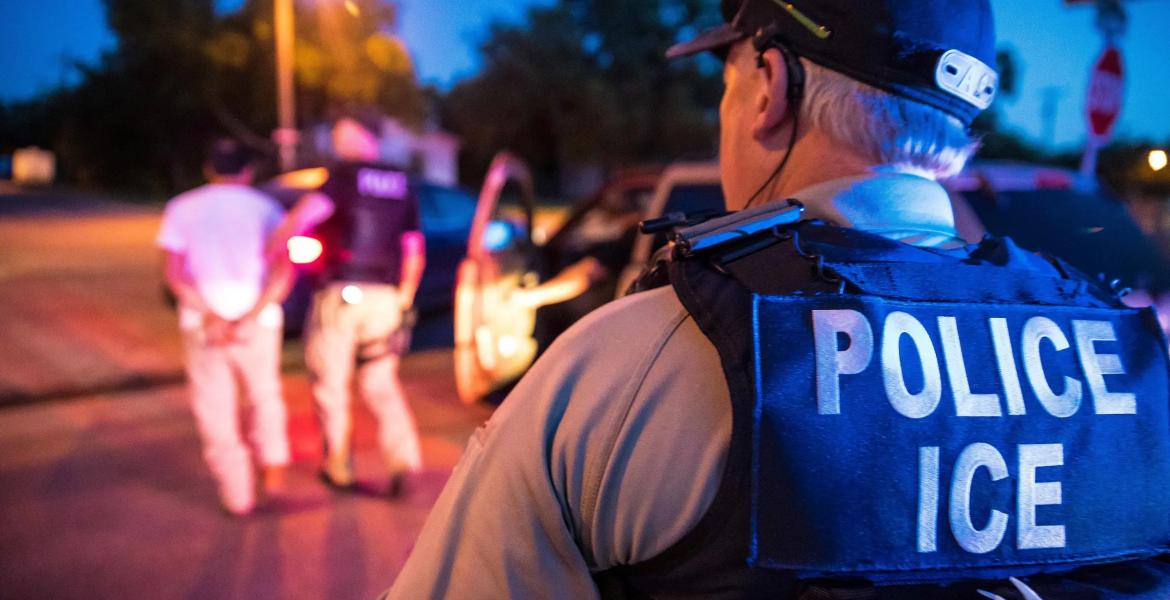SHAWANO COUNTY, WI – A 10-year-old boy called 911 in an unusual plea for help: assistance with his math homework.
The boy admitted to dispatcher Kim Krause that he knew dialing 911 for non-emergencies was not allowed, but he said he needed help solving his decimal-based math problems. With the department not busy at the time, Krause decided to send Deputy Chase Mason to assist.
“Ma’am, I know I’m not supposed to be calling 911 for this, but I really could use some help with my homework,” the boy reportedly told Krause.
Lt. Chris Madle of the Shawano County Sheriff’s Office shared that Krause informed Mason of the unique nature of the call, jokingly reminding him, “You’ve got a lot of pressure on you right now to help this boy with his math homework.”
Mason met with the boy and successfully guided him through his math problems. Before leaving, the deputy explained that 911 is reserved for emergencies and provided the boy with a business card containing a non-emergency contact number.
The department said they were happy to help in this case but emphasized the importance of reserving emergency lines for urgent situations.
Subscribe to the LIVE! Daily
Required






Comments
Listed By: serenity at last
Above and Beyond!
- Log in or register to post comments
PermalinkListed By: Rita Repulsa
Journal Entry, 27 November 2054
The past has a way of clinging to us, no matter how far we believe we’ve traveled. Tonight, as I sit in the quiet of the Capitol, overlooking Unity’s gleaming skyline, I find myself haunted by a memory from my boyhood in Shawano County, Michigan. It was the fall of 2024, a simpler time in some ways, though it didn’t feel that way then. I was ten years old, living in a drafty farmhouse with my mother, who worked herself to the bone keeping food on the table. It was just the two of us; my father had long since vanished, a casualty of his own failures.
That night, I sat at the kitchen table, staring at a math worksheet I couldn’t make sense of. Fractions, decimals, long division—they swirled together into an incomprehensible mess. My mother, exhausted from her double shift at the paper mill, had already gone to bed. I felt helpless, the kind of helplessness that gnaws at the soul of a young boy who already knows the world won’t save him.
In desperation, I picked up the phone and dialed 911. I didn’t think much of it—just a boy’s impulsive attempt to solve a problem he didn’t know how to handle. The dispatcher’s voice, calm and professional, asked what my emergency was. I stammered out that I needed help with my homework. There was a long pause, and then she told me to wait.
I remember the sound of gravel crunching under tires when the patrol car pulled into our driveway. Deputy Chase Mason stepped out, a tall, broad-shouldered man with the kind of presence that made you feel safe without knowing why. He didn’t chastise me for wasting his time; instead, he sat down at the table and patiently walked me through the math problems. His hands were large and rough, but his voice was gentle as he explained things in a way I could finally understand.
Before he left, he said something that has stayed with me all these years: “It’s good to help your neighbors when you can.” Those words seemed simple at the time, but they planted a seed in me. That night, for the first time, I understood that the state, represented in the figure of Deputy Mason, could be a force for good—not merely a distant authority, but a protector, a guide.
When the United States fractured just five years later, I was no longer a boy. The world had turned to chaos, and the Heartland rose out of necessity. Shawano County was one of the first to declare independence, and I joined the militia before I even turned sixteen. I fought in the muddy fields and frozen forests of Michigan, ambushing federal convoys and defending towns from their retaliatory strikes. It was brutal, merciless work, but I believed we were fighting for something greater than ourselves.
By the time we secured our independence in 2035, I had risen through the ranks, not because I was the strongest or the smartest, but because I understood what the people needed. They didn’t need warlords or ideologues; they needed someone who believed in their worth and their potential, someone who would fight for them the way Deputy Mason had fought for me on that quiet autumn night.
But the path to power is rarely pure. As I climbed higher in the Heartland’s government, I made decisions that still weigh on my conscience. The exterminations began during the war, justified as a means of ensuring our survival. The undesirables—criminals, subversives, the diseased, and the degenerate—were seen as threats to the fragile unity we had built. Later came the sterilizations, a cold and calculated effort to secure what we believed was the genetic purity of our people. These actions were not borne of malice, but of fear—fear that without these measures, our hard-won independence would crumble under the weight of internal decay.
I told myself it was necessary. I told myself it was for the greater good. And yet, as the years have passed, I find it harder to reconcile the man I am now with the boy who sat at that kitchen table. Deputy Mason didn’t see me as a burden or a threat; he saw me as a child in need of guidance. He didn’t measure my worth by my circumstances or my potential to contribute to society; he simply helped because it was the right thing to do.
As Supreme Leader of the Heartland Republic, I have built a nation out of the ashes of the old world. Our cities are prosperous, our fields fertile, and our borders secure. Yet, I cannot ignore the human cost of our rise. The millions we deemed unfit to live among us—who were they, really? What might they have become if we had offered them the same compassion Deputy Mason showed me? Did we, in our quest for purity and order, lose something essential to our humanity?
I think often of Mason. He must be an old man now, if he’s still alive. Does he remember the boy he helped that night? Could he have imagined that his simple act of kindness would inspire a vision that would shape the destiny of an entire nation? I’ve searched for him over the years, quietly and without fanfare. If I ever find him, I want to tell him what he did for me—not just with that math homework, but with the lesson he taught me about the role of the state in the lives of its people.
This is why I created the Mason Initiative, a program that sends state officials into every corner of our republic to assist those in need. It is not charity; it is duty. The state must be more than a sword or a shield—it must be a hand that lifts the fallen, a voice that comforts the weary. This, I believe, is the true purpose of power.
Yet even as I write these words, I am tormented by the ghosts of my decisions. The exterminations, the sterilizations—these were not the actions of a compassionate state. They were the actions of a regime driven by fear and a desire for control. I cannot undo what has been done, but I can try to ensure that the future of the Heartland Republic is guided by the principles Mason embodied: service, compassion, and the belief that every life has value.
Perhaps history will judge me harshly. Perhaps it should. But tonight, as I look out over the city we’ve built, I am filled with a strange hope. If a single act of kindness could change the course of one boy’s life, then perhaps it is not too late for the Heartland to redeem itself.
- Log in or register to post comments
PermalinkPost a comment to this article here: